Program Area: Interdisciplinary
Mitigating Long-Term Consequences of COVID-19 on Older Adults in Hong Kong, Singapore, Thailand, and the US
-
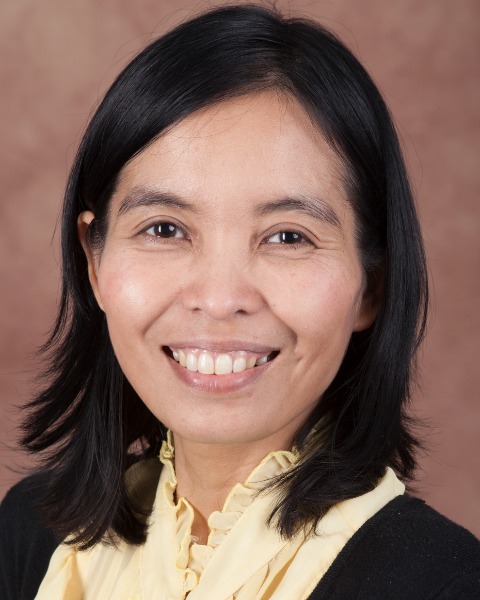
Ladda Thiamwong, PhD, RN
Associate Professor
Nursing Systems
University of Central Florida
Orlando, Florida, United States -
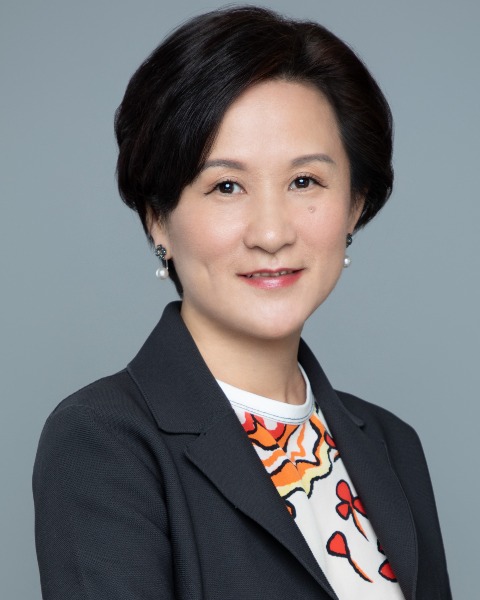
Vivian Wei Qun Lou, PhD
Professor
Department of Social Work and Social Administration & Director of Sau Po Centre on Ageing
The University of Hong Kong, Hong Kong S.A.R.
Hong Kong, Hong Kong -

Ladda Thiamwong, PhD, RN
Associate Professor
Nursing Systems
University of Central Florida
Orlando, Florida, United States -
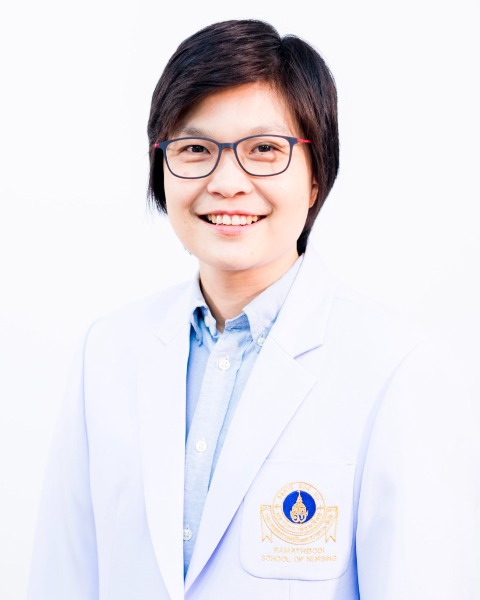
Inthira Roopsawang, Ph.D, APRN
Assistant Professor
Adult and Gerontological Nursing
Mahidol University
Bangkok, Krung Thep, Thailand -
.jpg)
Wayne Chong, PhD, PDClinPsyc
Research Fellow and Part-Time Lecturer
Lee Kong Chian School of Medicine and School of Social Sciences
Nanyang Technological University, Singapore
Singapore, Singapore -
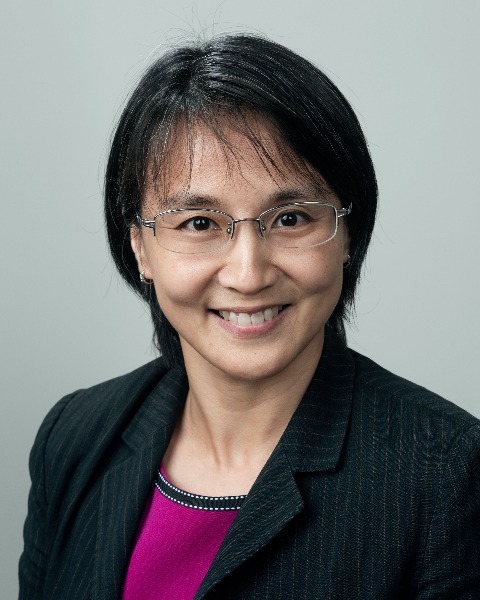
W. Quin Yow, PhD
Associate Professor
HASS
Singapore University of Technology & Design
Singapore, Singapore -
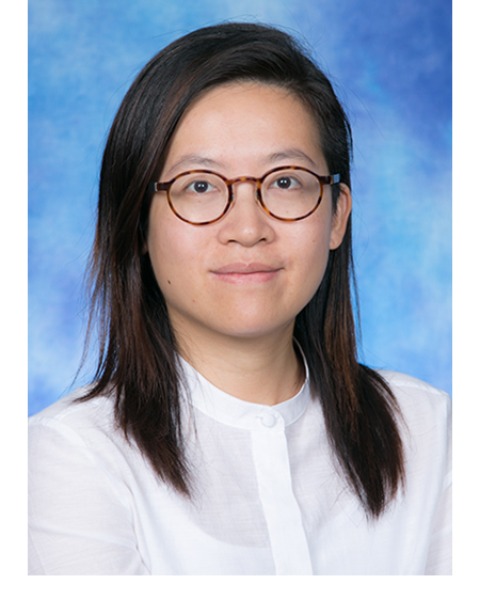
Janet Lok Chun Lee, PhD
Research Assistant Professor
School of Nursing and Health Studies
The Hong Kong Polytechnic University
Hong Kong, Hong Kong
Chair(s)
Discussant(s)
Individual Symposium Abstract First Author(s)
The impact of COVID-19 on older adults goes beyond a higher risk for serious infection to long-term consequences such as decreased well-being and disability. In 2020, we formed an international and interdisciplinary research group and adopted a biopsychosocial model as a conceptual framework to guide our collaboration. Our ultimate goal is to mitigate the long-term health consequences of the pandemic and utilize affordable technology-based interventions to enhance the quality of life for older adults in Hong Kong, Singapore, Thailand, and the US. Five empirical studies will be presented with topics ranging from quality of life, fear of falling, attitudes toward technology, and the utilization of technology-based interventions. A path analysis from the first study indicated that physical frailty was the strongest direct power on quality of life followed by depressive symptoms, and life-space mobility. The second study found that fear of falling was predicted by falls risk, resistance, COVID fear, and health conditions. The third study revealed a strong connection between the COVID severity and positive attitudes toward technology, and social support facilitates the adoption of technology. The fourth study reported the benefits of using a technology-based body-mind intervention to alter a mismatch between fear of falling and actual fall risk and to increase the accessibility of the fall intervention. The final study indicated that utilizing an alternative online exercise program during the pandemic increased exercise regularity and enhanced motivation. Together, all five studies contribute to strategic implications on global mitigating long-term health consequences and essential issues for further research.
Learning Objectives:
- 1. Describe the interconnections between biological (e.g. physical frailty, life-space mobility), psychological (e.g. depressive symptoms, fear of falling, fear of COVID), and socio-environmental aspects (e.g., frequency of social support, contact with relatives and friends) to improve the quality of life and promote active aging during the pandemic.
- 2. Describe the attitudes toward technology and their associations with the biological, psychological, and social factors.
- 3. Describe strategies of shifting a mismatch between biological (Body) and physical (Mind) to increase motivation and enhance exercise regularity using appropriate technology and tailored interventions to older adults’ culture and international collaboration under the pandemic.
Presentations:
-
4:30 PM – 6:00 PM ETA Technology-Based Body-Mind Intervention for Low-Income American Older Adults.
Individual Symposium Abstract First Author: Ladda Thiamwong, PhD, RN – University of Central Florida
-
4:30 PM – 6:00 PM ETA Multisite Investigation of Factors Influencing Quality of Life in Thai Old Adults During the COVID-19 Pandemic
Individual Symposium Abstract First Author: Inthira Roopsawang, Ph.D, APRN – Mahidol University
-
4:30 PM – 6:00 PM ETCOVID-19 and the Fear of Falling Among Older Adults in Singapore: An Electronic Survey
Individual Symposium Abstract First Author: Wayne F. Chong, PhD, PDClinPsyc – Nanyang Technological University, Singapore
-
4:30 PM – 6:00 PM ETHow Has COVID-19 Shaped Singapore Older Adults' Attitudes Toward Technology?
Individual Symposium Abstract First Author: W. Quin Yow, PhD – Singapore University of Technology & Design
-
4:30 PM – 6:00 PM ETOnline Exercise Class Experience Among Older Adults' Members of Community Centers in Hong Kong During COVID-19
Individual Symposium Abstract First Author: Janet Lok Chun Lee, PhD – The Hong Kong Polytechnic University
